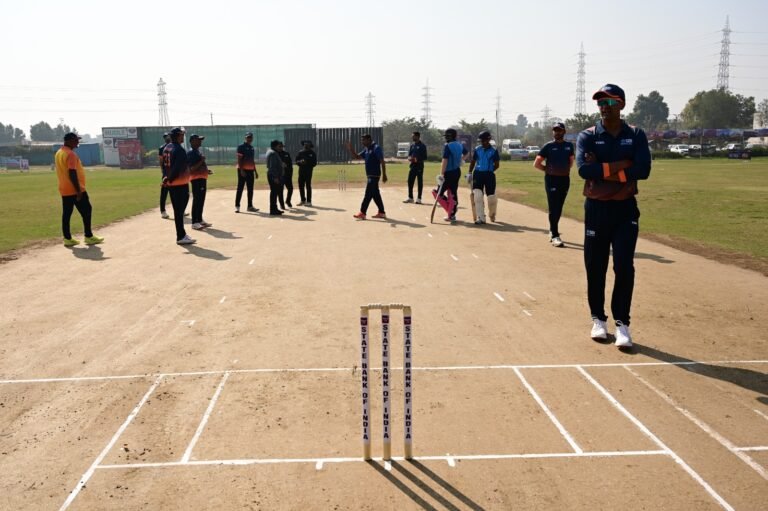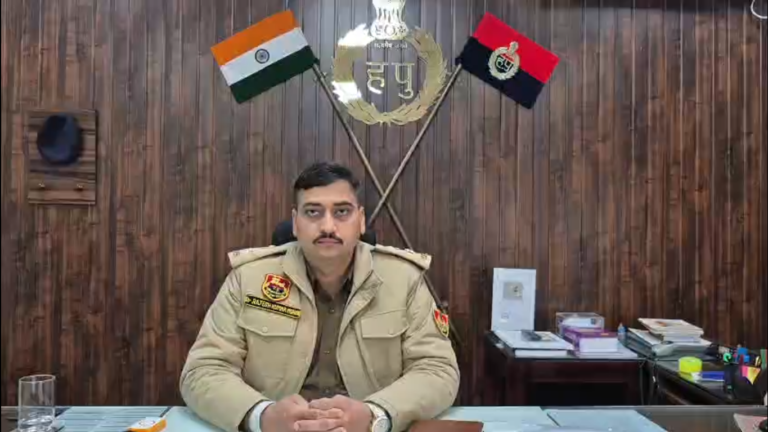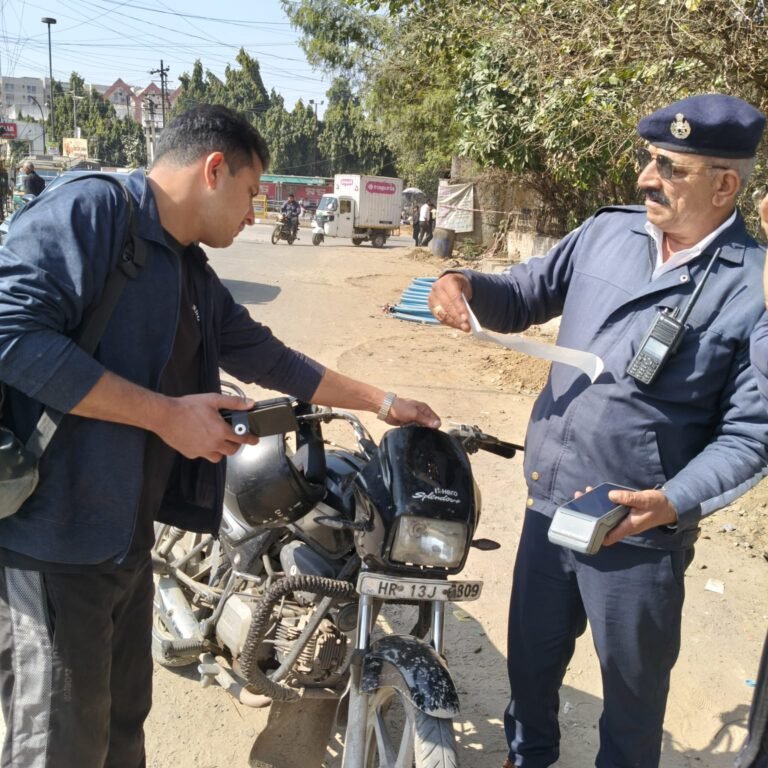
Bilkul Sateek News
Gurugram (Paridhi Dhasmana), 10 May – In the wake of the tragic Pahalgam terror attack on April 22, 2025, which claimed 28 civilian lives, some Indian media outlets have come under fire for irresponsible, exaggerated, and unverified reporting on the Indian armed forces’ retaliatory operation, codenamed “Operation Sindoor.” These reports, often laced with sensationalism and unchecked claims, are raising serious concerns about their impact on national security and social cohesion.
Following the attack, attributed to Pakistan-based militant groups like The Resistance Front (TRF), the Indian military conducted precision strikes on nine terror camps across Pakistan and Pakistan-occupied Kashmir (PoK). While the government emphasized the operation’s targeted and non-escalatory nature, certain media channels have broadcast unverified details, including alleged “leaked” military documents and speculative narratives about internal security lapses. Some reports even amplified Pakistan-originated propaganda, such as claims that the Pahalgam attack was a “false flag” operation, despite official confirmation of TRF’s involvement.
Such reckless reporting risks several dangers. Firstly, it undermines public trust in the armed forces and government by spreading disinformation, potentially weakening national resolve at a time of heightened tensions with Pakistan. Secondly, real-time or speculative coverage of military operations can compromise operational security, inadvertently aiding adversaries by revealing sensitive details. The Ministry of Information and Broadcasting has issued advisories urging media to avoid sharing unverified information, citing past instances where such coverage assisted hostile forces.
Moreover, exaggerated communal framing in some reports has fueled social unrest. Protests in Kashmir have criticized outlets like ABP for biased coverage that risks inflaming communal tensions, further destabilizing the region. The trolling and harassment of victims’ families, such as the widow of a slain Navy officer who called for communal harmony, highlight how media-driven narratives can polarize communities.
Analysts warn that this trend of “jingoistic” reporting prioritizes ratings over responsibility, potentially escalating the India-Pakistan conflict by sidelining diplomatic efforts for de-escalation. As global powers like the US and UN urge restraint, the media’s role in shaping public perception is critical.
The government has taken steps to curb misinformation, blocking 16 Pakistani YouTube channels for spreading false narratives. However, experts stress that Indian media must self-regulate, verify sources, and prioritize national interest over sensationalism to prevent further risks to security and unity.
As India navigates this crisis, responsible journalism remains vital to safeguarding the nation’s stability and resilience.
– End Of Report –








